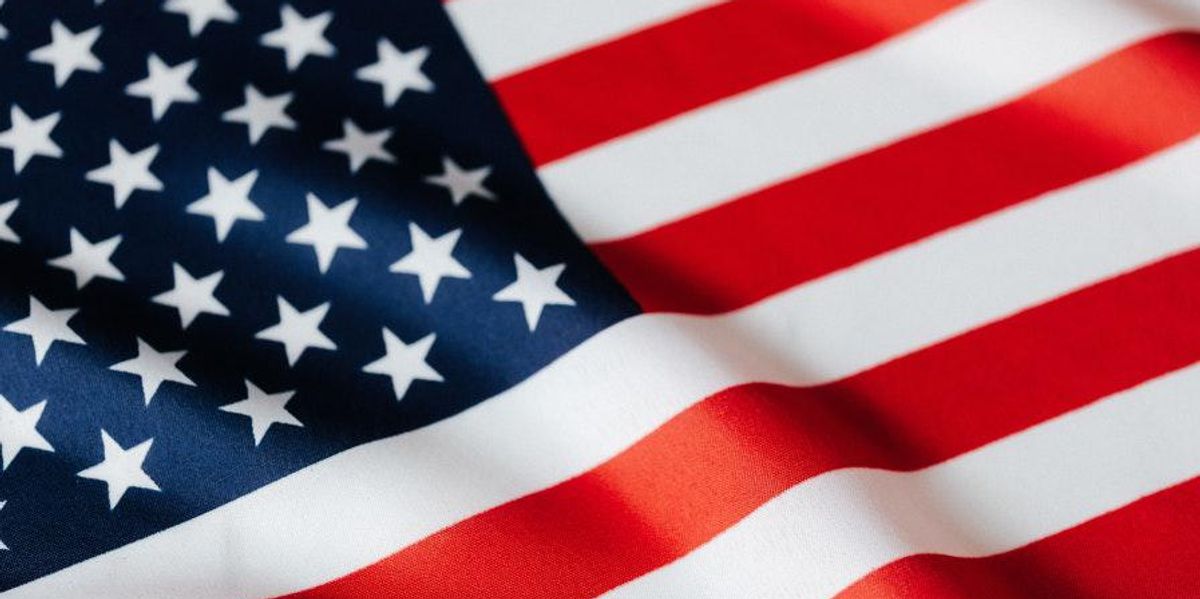The Biden administration has awarded grants worth US$2.8 billion for the development of electric vehicle (EV) battery manufacturing facilities in the US, as the country continues to make moves to reduce its dependency on Asia.
The grants are being allocated through the Department of Energy with funds from the Bipartisan Infrastructure Law; 20 manufacturing and processing companies spread across 12 states will benefit.
President Joe Biden has set an ambitious goal to make half of all new vehicles sold in 2030 electric. As a result of increased electric vehicle (EV) sales, demand for critical minerals key for EV batteries is set to skyrocket in the next decade, in what Biden has called “one of the most significant economic transitions since the Industrial Revolution.”
However, about 75 percent of all battery manufacturing is done in China.
“But China’s battery technology is not more innovative than anyone else’s,” Biden said. “In fact, our national labs, our research universities, our automakers led the development of this technology here in America. But by undercutting US manufacturers with their unfair subsidies and trade practices, China seized a significant portion of the market.”
In a note, Project Blue analysts said it will still be important to consider how much these investments depend on Chinese supply, even if only by way of a benchmark China cost of supply when it comes to justifying domestic supply chain investment.
The experts will also be watching to see how much value for money is delivered to taxpayers by “new” investment and capacity. “Not all of the grants are going to result in new and previously unfunded projects, some will subsidize existing developments and therefore largely profit existing investments rather than ‘green lighting’ new capacity,” the analysts said.
According to the Department of Energy, the approved projects will eventually supply enough lithium to produce 2 million EVs, enough graphite for 1.2 million EVs and enough nickel for 400,000 EVs per year. Some of the companies selected to get funding include top lithium producer Albemarle (NYSE:ALB), Syrah Resources (ASX:SYR,OTC Pink:SYAAF), Piedmont Lithium (ASX:PLL,NASDAQ:PLL) and Talon Metals (TSX:TLO,OTC Pink:TLOFF).
Albemarle secured nearly US$150 million from the Department of Energy to build a commercial-scale lithium materials processing plant in Kings Mountain, North Carolina. It will use sustainably extracted spodumene minerals from the site’s lithium mine.
Australia’s Syrah Resources, which operates the Balama graphite mine in Mozambique, has been awarded a grant of up to US$200 million to further develop its natural graphite active anode material facility in Vidalia, Louisiana. The funds are intended to support the expansion of production capacity at Vidalia from 11,250 metric tons (MT) to 45,000 MT.
Meanwhile, Piedmont Lithium received US$141.7 million for the development of its Tennessee lithium hydroxide facility. At full production, the plant is expected to produce 30,000 MT per year, doubling the lithium hydroxide production capacity currently available in the US. Construction is set to begin in 2023, with first production expected in 2025.
On the nickel front, Talon Metals received US$114 million. It is looking to build a battery minerals processing facility in Mercer County, North Dakota. Talon has a supply agreement with Elon Musk’s Tesla (NASDAQ:TSLA) for 75,000 MT of nickel concentrate.
Shares of all these companies rose after the news, with Syrah up almost 25 percent, Piedmont rising 11 percent, Albemarle up 4 percent and Talon increasing more than 21 percent.
Don’t forget to follow us @INN_Resource for real-time news updates!
Securities Disclosure: I, Priscila Barrera, hold no direct investment interest in any company mentioned in this article.
Image and article originally from investingnews.com. Read the original article here.

